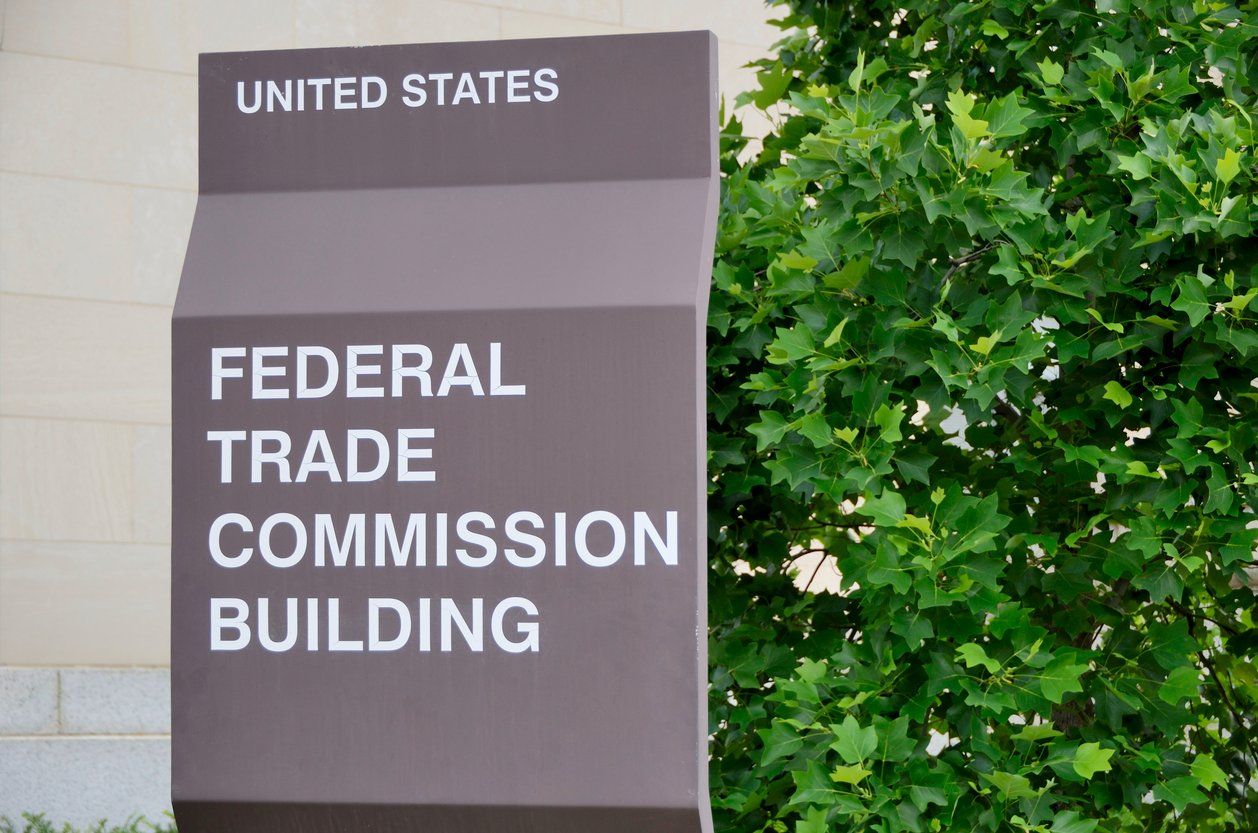
Written by
Germeen Tanas
Germeen is an aPHR-certified writer on the marketing team at BerniePortal. She writes about HR, healthcare, and benefits.
FTC Votes to Ban Most Noncompetes

Do you use a noncompete agreement at your workplace? According to the Federal Trade Commission (FTC), around 30 million American workers are currently covered by a noncompete. A noncompete agreement is a contract that some organizations require employees to sign, preventing them from working for competitor companies during or after their employment. The contract is usually viable for a specified period of time and within a certain geographic radius.
What Is the FTC’s Proposed Rule on Noncompetes?
The FTC has determined that noncompetes are unfair methods of competition and therefore violate Section 5 of the FTC Act. On Tuesday, April 23rd, 2024, the FTC finalized a rule that will eliminate the vast majority of noncompete clauses in worker’s contracts. The rule will take effect 120 days after publication in the Federal Register.
The FTC outlines the following key provisions of the rule:
- Noncompetes are unfair methods of competition.
- The final rule will prohibit employers from entering into new non-competes with workers on or after the rule takes effect.
- The rule will prohibit employers from enforcing existing noncompetes with workers (other than senior executives).
According to Lina Khan, Chairperson of the Federal Trade Commission (FTC), with this final rule, “Wages will go up. The average worker will make $529 more every year which collectively means that hundreds of billions of dollars will go back to workers.” The FTC also estimates that by banning noncompetes, “New business formation will grow by 2.7%, creating over 8,500 new businesses each year.”
However, the final rule won’t go over without pushback. The U.S. Chamber of Commerce immediately responded to the FTC’s announcement with a statement that the noncompete ban “is not only unlawful but also a blatant power grab that will undermine American businesses’ ability to remain competitive.” Suzanna Clark, President of the Chamber, believes the rule is a massive overreach and The Chamber of Commerce is actively threatening to sue the FTC over the ban on non-compete clauses.
What Are the Pros and Cons of Noncompete Agreements?
The pros include:
-
Protecting proprietary information,
-
Maintaining competitive advantage
-
A higher likelihood to hire employees looking for long-term positions.
The cons include:
-
A weaker bargaining power for employees: Employees know that by signing a noncompete, they are limited in seeking other jobs, if or when that time were to come.
-
Candidates can be deterred from wanting to work there: Signing a noncompete can be a scary commitment for some people. It is hard to know how you are going to feel about an organization prior to actually working there. A noncompete form, in many ways, is asking for a bond of trust between an employer and employee who just met.
-
Noncompetes can stifle new business and new ideas: This ultimately harms U.S. economy and reduces innovation.
-
Noncompetes restrict the freedom of American workers: It’s so much harder for workers to leave their jobs or start their own businesses.
Additional Resources
You can stay informed, educated, and up to date with important HR topics using BerniePortal’s comprehensive resources:
-
BernieU—free online HR courses, approved for SHRM and HRCI recertification credit
-
BerniePortal Blog—a one-stop shop for HR industry news
-
HR Glossary—featuring the most common HR terms, acronyms, and compliance
-
Resource Library—essential guides covering a comprehensive list of HR topics
-
HR Party of One—our popular YouTube series and podcast, covering emerging HR trends and enduring HR topics
-
Community—the HR Party of One Community forum, a place devoted to HR professionals to ask questions, learn more, and help others

Written by
Germeen Tanas
Germeen is an aPHR-certified writer on the marketing team at BerniePortal. She writes about HR, healthcare, and benefits.
Related Posts
Many employers enjoy giving young people access to good jobs and opportunities. However,...
The news we’ve all been patiently (or impatiently) waiting for is finally here! The DOL...
In 2023, iTutorGroup, an online learning platform based out of China, used an Artificial...







Submit a Comment